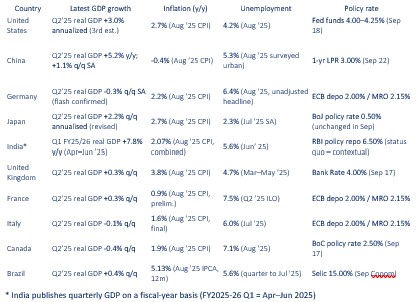Mass Rapid Testing Could Unblock the Seafarer Logjam
- Mark Williams

- Jun 15, 2020
- 3 min read
The United Nations Conference on Trade and Development (UNCTAD) and International Maritime Organization (IMO) issued an estimate on June 10, 2020 that 300,000 seafarers need international flights every month either to return home or to join ship. Meanwhile, according to UNCTAD, around 70,000 cruse ship staff have been unable to get home. UNCTAD estimates that two million seafarers are engaged in maritime transport.
The problem is well known. Most seafarers have to travel to and from ship to and from places where the Coronavirus is spreading. Many have had to stay on board now for months beyond their original seatime. Others can’t get to their ships because of travel restrictions.
So far only two countries – Slovenia and New Zealand – have been able to eradicate the virus within their borders. Many countries have been able to reduce the R rate (the rate of spread) to below 1, which means each infected person infects fewer than one other. This is slowing the spread of Covid-19 in the general population. In many countries the infection is spreading most rapidly in care homes and similar shared residences. But widespread travel restrictions remain in place, making joining ship and repatriation difficult and in many cases impossible.
The IMO and UNCTAD have called for a ‘key worker’ status for “seafarers, marine personnel, fishing vessel personnel, offshore energy sector personnel and service personnel at ports.” They state that “such a designation will ensure trade in essential goods — including medical supplies and food — is not hampered by the pandemic and associated containment measures.”
There is also a recommendation regarding the immense paperwork that has to be completed every time a vessel calls at a port. “There should be effective sharing of pre-arrival information and other COVID-19-related reporting requirements for ships as well as the provision of adequate equipment and resources to customs and border control stations in ports,” say the institutions.
This all sounds very reasonable. But in the long run, as the World Health Organisation (WHO) and most national public health bodies tell us, the most effective way to control the spread of Coronavirus is through mass test-and-trace systems. There are many pitfalls on the way to introducing these systems. Most national governments have a patchy record of commissioning and running large scale IT systems, let alone building them in a rush. In this age of data paranoia, each system would have to be vastly secure and no doubt they would all be subject to hackers seeking personal information for criminal purposes.
The biggest challenge is to individual liberty. Test and trace systems want to know where we have all been and when we were there, how long we stayed and who we saw. Only China currently has the apparatus in place for such constant surveillance, while the liberal democracies’ politicians naturally find such an intrusion into personal freedom of movement an uncomfortable notion.
If test-and-trace comes with political peril, there is a half-way house that could help, which is regular testing. A friend of mine runs the logistics department for a UK supermarket chain including all its seaborne imports. He and his staff have been at their desks in the office throughout the pandemic. Their company has introduced social distancing measures at work and everyone is tested weekly for the virus – with the results coming back in just a few hours.
That short wait for the results could be the solution to the world’s seafarer transport issues. If crew members can be tested before they board the plane (or whatever transport system they are using to get to the ship), while they are aboard, and as they deboard their ship, then some of the difficulties preventing their movement can be overcome. Others, such as sealed borders and internal travel bans in certain countries, will need other solutions such as UNCTAD and the IMO have suggested.
In the last six months, Coronavirus has gone from being a public health emergency to an economic disaster. Governments are desperate to reopen national economies. Already the economic costs shouldered by national treasuries are going to take a generation to repay.
As the pandemic threatens to a second wave, the odds are increasing that it will become endemic unless and until a lasting vaccine is engineered. The world cannot afford to stay locked down until that happens.
Politicians and populations are beginning to realise that there is no going back to normal. New habits are being learned and will have to become second nature. If the economy is to get going again, the public health situation needs constant and competent management. Building reliable, rapid testing capacity should be a global priority so that seafarers – and everyone else - can all get back to work.



Comments